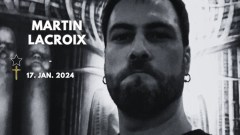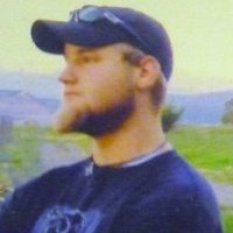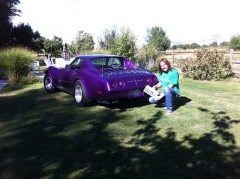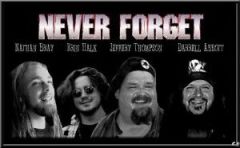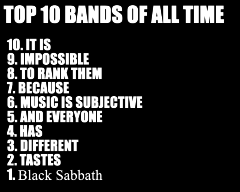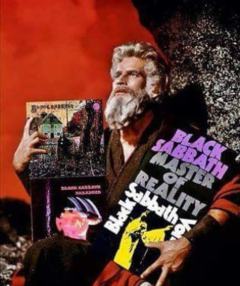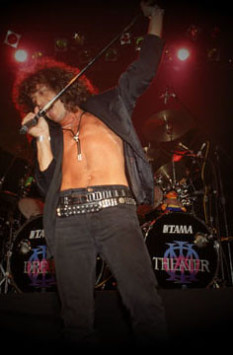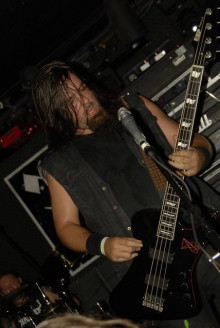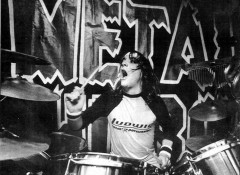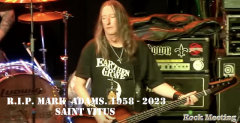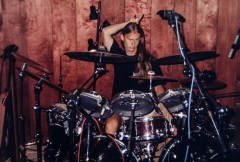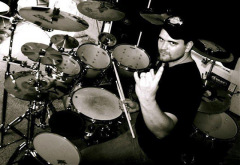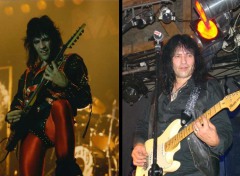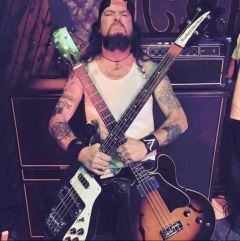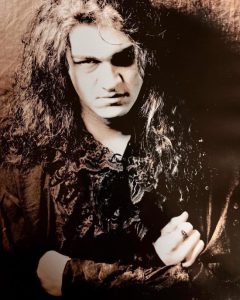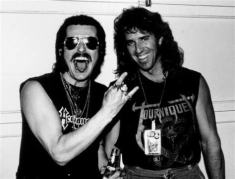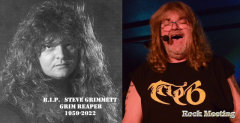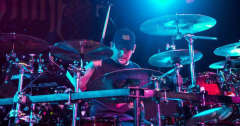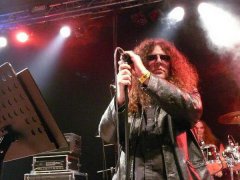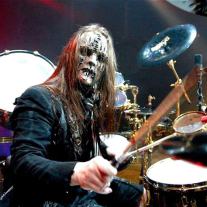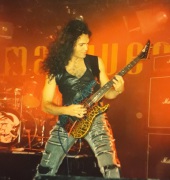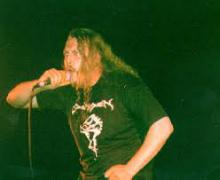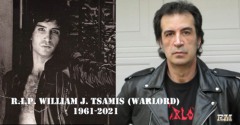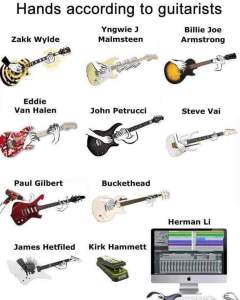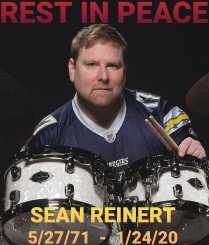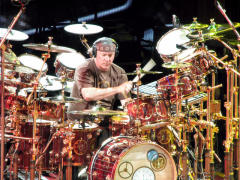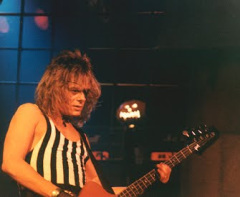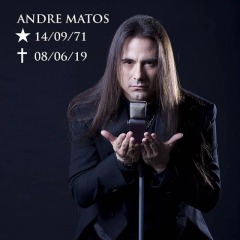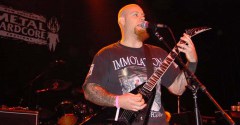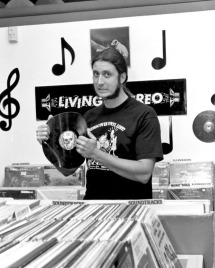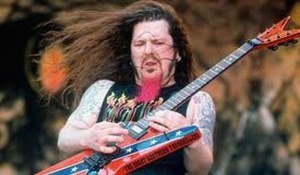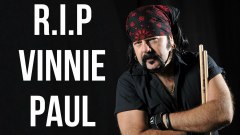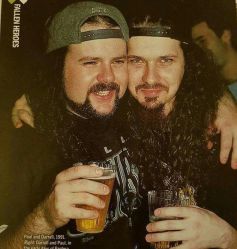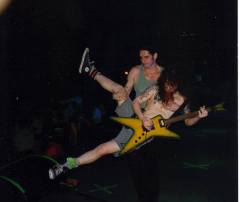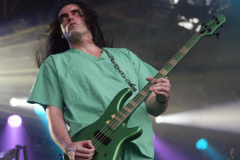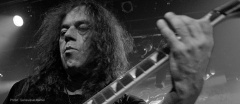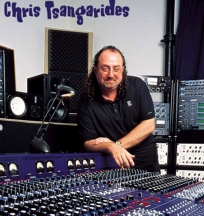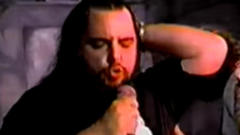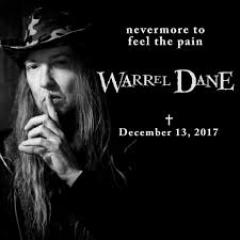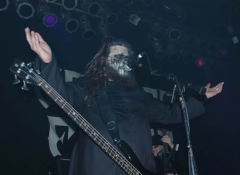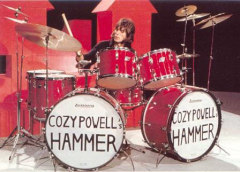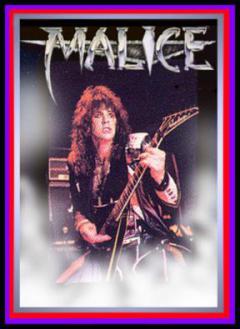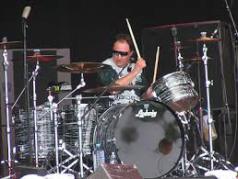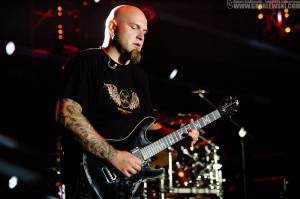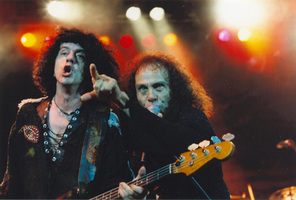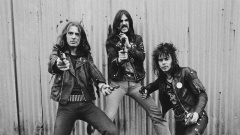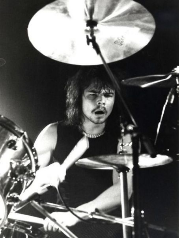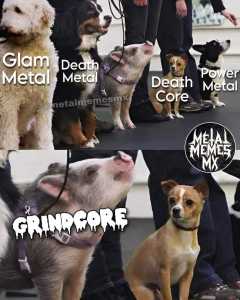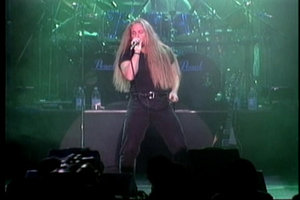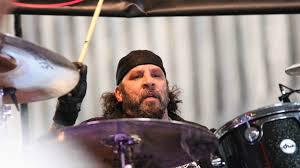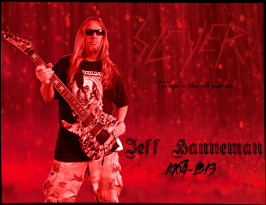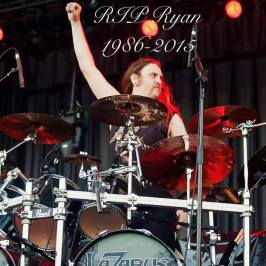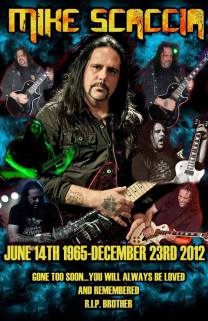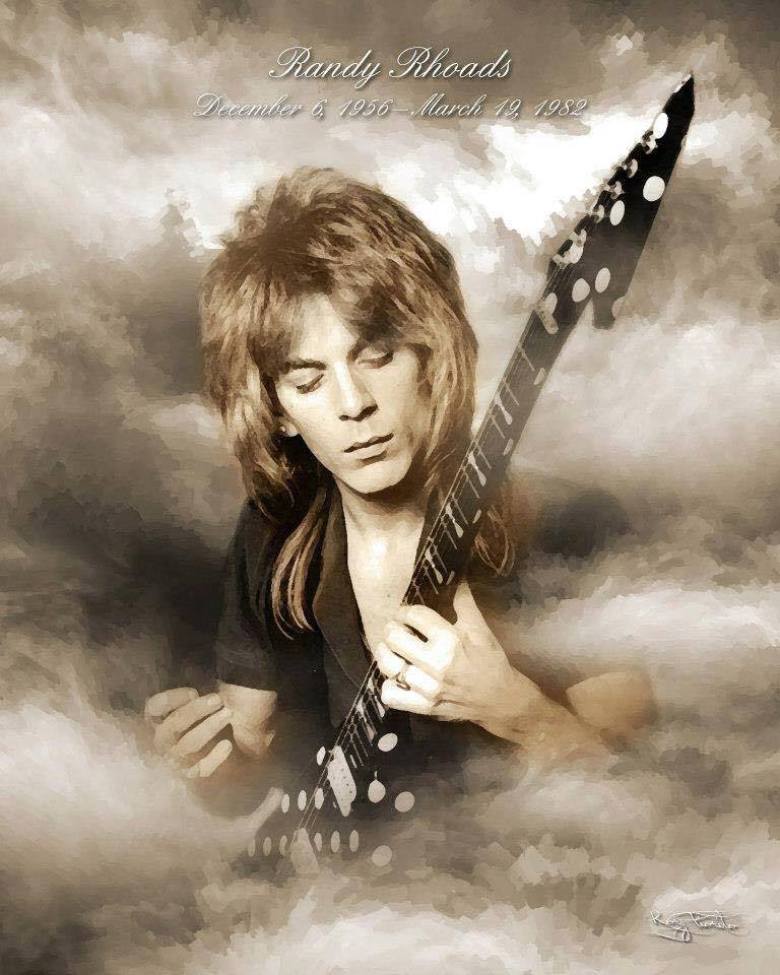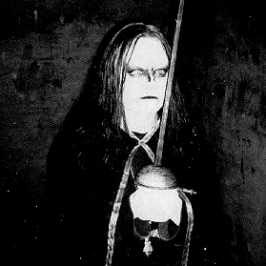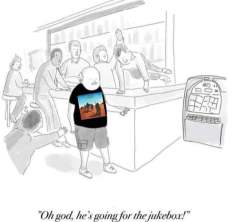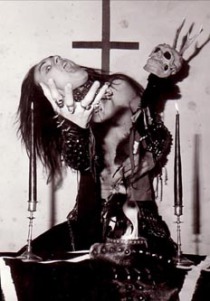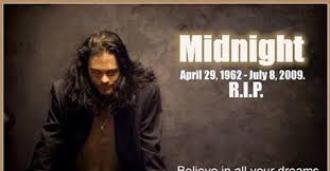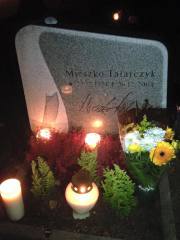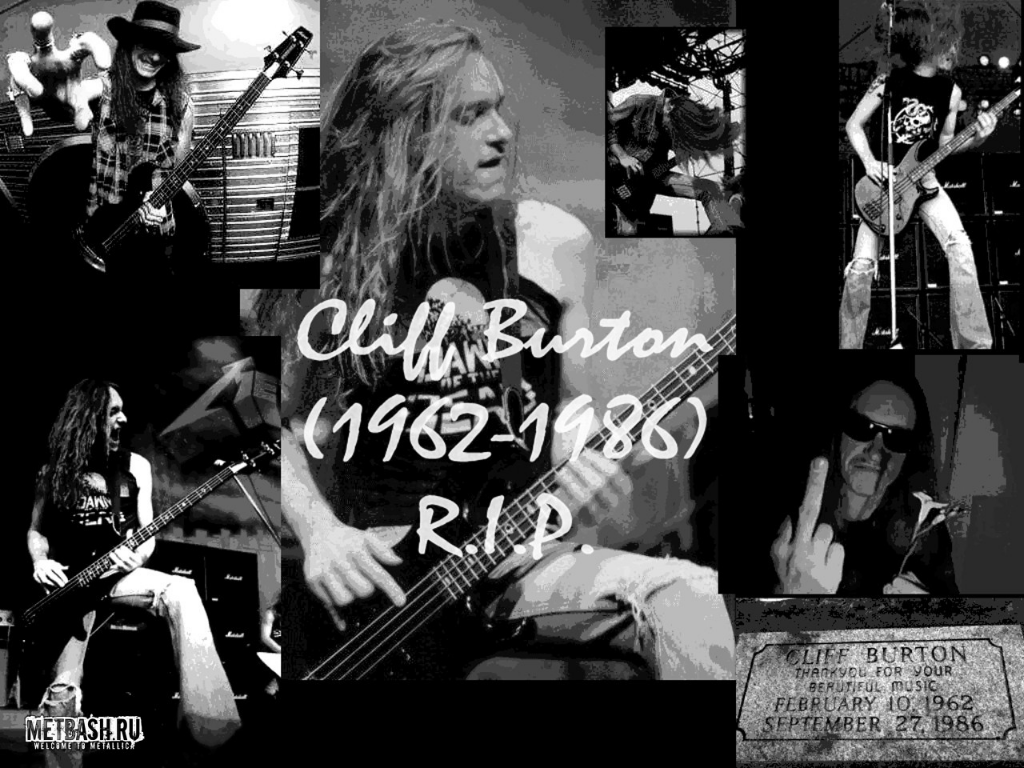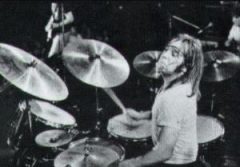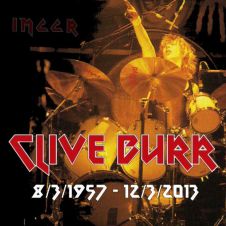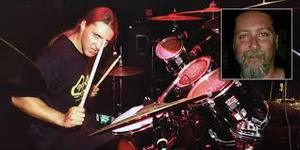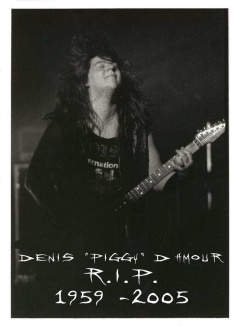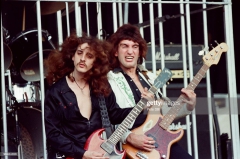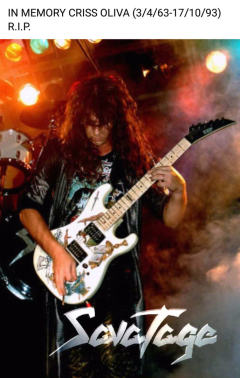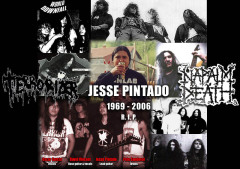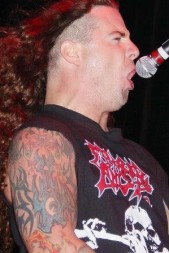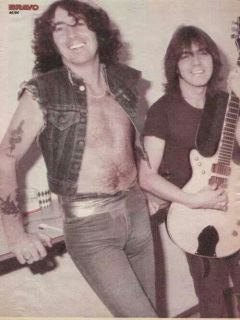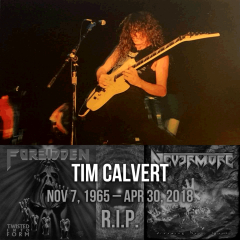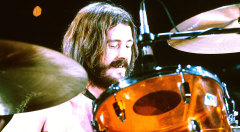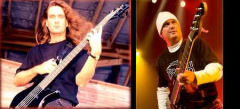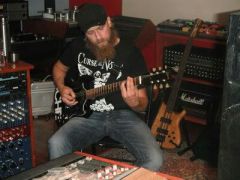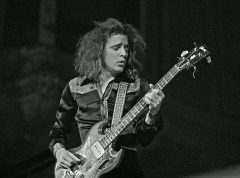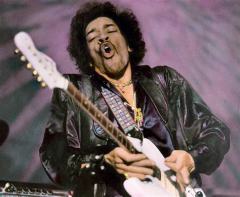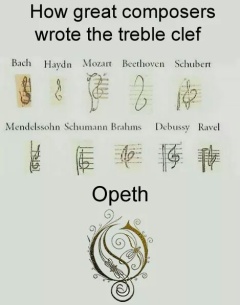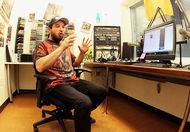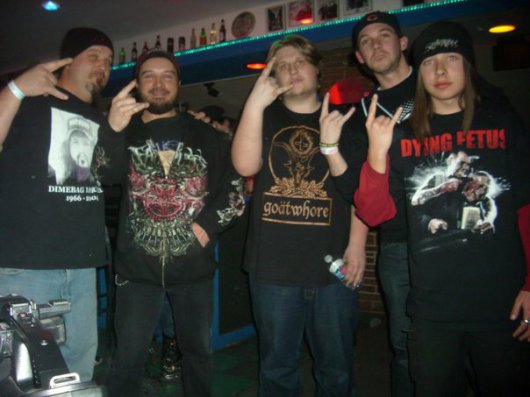Sometimes, passion sounds like a fever dream, like a kaleidoscopic phantasmagoria, like moonshine and Appalachian idylls. Sometimes it sounds like robots throwing up in a sawmill. Mutinous robots.
If passion can be articulated, it’s given voice by Opeth and Borknager, Boy & Bear and Fuel and Robotic Pirate Monkey.
And if passion has a place, it’s on the second floor of the University Center at Colorado Mesa University, in the northwest corner where the signs say “KMSA.”
Those letters hang large in the radio station’s hallway, several feet high and created by art and graphic design assistant professor Eli Hall from the sticker-covered doors of the old KMSA studios. Together, those letters mean something: that college radio still matters, that what comes from your car’s speakers can be surprising and revelatory, that music is life.
Because, while KMSA 91.3 FM is officially a lab for broadcast studies, it is just as much a labor of love and passion for the 52 students who work and volunteer there. And they nurture it and guard it with the protectiveness of an egg in a nest. A leather egg. With spikes. That’s poisonous.
“If you don’t love music, then you really don’t belong here,” said Kyle Davis, KMSA’s general manager, elaborating that for those who work at KMSA, music can never be a background thing or some white noise to smooth the rough edges.
Sometimes at KMSA, the music is the rough edges.
“Music should make you think,” Davis said. “Why should it always be easy?”
And as far as college radio is concerned, it isn’t. KMSA has weathered storms that in recent years have consumed college radio stations around the country. Within the last several years, Vanderbilt University sold its WRVU for $3.35 million, Rice University’s KTRU went for $9.5 million and stations at Augustana College, Chattanooga State Technical Community College and Bryant University were sold for varying amounts. Other college and universities have sold their FM bandwidths and gone to a strictly online format.
With ever more tightly squeezed budgets, colleges and universities — especially publicly funded ones — are increasingly looking for ways to cut costs and raise money, said Regis Tucci, assistant professor of communication and KMSA’s faculty advisor. And FM bandwidths are at a premium, so selling them can be a big boost for tight budgets.
But college radio, “good Lord, it’s of preeminent importance,” Tucci said. “College radio allows students the opportunity to become professionals. It allows them to understand the workings of broadcast media. It allows students to enhance and polish their skills in the crafting of the message.”
Students who work and volunteer at KMSA oversee the broadcast of CMU sports, too, but the majority of airtime is devoted to music.
Tucci said the station is run like a commercial, rather than community, radio station, with students filling various management roles, overseeing day-to-day operations, soliciting underwriters, fundraising and doing whatever they can to increase the station’s community visibility.
During the Fall 2012 term, KMSA sponsored a raffle — $5 per ticket — in which the prize was one semester of tuition.
“We are not mass communications, we are mass communication, it’s singular,” Tucci explained. “With the ‘s’ on the end it’s more concerned with the technologies. With no ‘s’ it’s more focused on the creation of the message and with KMSA we’re showing students how to create the message,” Tucci said.
In fact, the university’s commitment to the station extended last year to the purchase of a new analog/digital transmitter that was installed on Black Ridge and bumped KMSA’s reach to the entire Grand Valley. It cost about $50,000 and was struck by lightning less than 24 hours after being installed — to the tune of an $8,000 repair that wasn’t covered by insurance — but KMSA managed to keep the music going.
With an annual budget of about $55,000 that’s drawn from student fees, KMSA has operated continuously since being founded in 1975. Even then, before “alternative” was much of a thing, it was billed as an alternative to “My Eyes Adored You” and “Love Will Keep Us Together” and “Best of My Love” or whatever else was inescapable on the FM dial then.
That still is the mentality at KMSA, Davis said. He won’t insult any artist’s music, but he argues that artists such as Bruno Mars and Ke$ha and Daughtry get played on lots of other stations in town. They don’t need to be played on KMSA, especially because for every Katy Perry there are 50 other artists who are… he won’t say “better.” He will only allude to greater musical complexity and lesser renown.
While time and cultural saturation may have sucked the meaning out of “alternative,” at least as it pertains to music, that idea still carries weight at KMSA — often what you hear on 91.3 FM sounds nothing like what is on any other station in the area, and maybe unlike anything you’ve heard. Ever.
Take The Metal Authority, for example. It’s a fluctuating cadre of metal enthusiasts who operate like a collective and do their best to play as broad a spectrum from the 50-plus sub-genres of metal as possible. It’s a Herculean task. They are unwavering in it.
“KMSA’s really become known for metal,” said Frank Menapace, who has played music on KMSA for more than 10 years. “There’s no other station in the country that does what we do.”
From Friday evening to Sunday, KMSA is all metal. It is relentless. It is surprising. Sometimes it sounds borderline unlistenable, like the soundtrack to an Hieronymous Bosch painting. But just give it time, Davis advised. Like the Colorado weather, it may change in five minutes, and there’s a reason it’s being played. There’s always something interesting to hear.
KMSA, musically, is about open minds, Davis said. Because the DJs are volunteers, they come to the music as a labor of love. They bring their own tastes and passions, which must align with KMSA guidelines, of course, so what is playing on KMSA may fluctuate widely in tenor and tone from hour to hour.
The overarching theme is play what you love and play what otherwise wouldn’t get played. Everything on the station is not for everyone, Menapace acknowledged, but that’s what makes college radio vital: that listeners can still be surprised and discover new music and artists, he said.
In fact, Davis said, that’s a big reason why KMSA survives in the face of satellite and Internet radio, of self-created YouTube stations and Spotify. Listeners may have ultimate control of their playlists these days, but if they can never let go of that control and allow themselves to be surprised, it’s a short trip to a musical rut.
So, that’s why passion is the thing at KMSA. Students from every major and stage of their studies comprise the staff — Davis graduates in May, is a military veteran and father to a young son; Menapace is a part-time student working toward a computer science degree, into his 40s and the father of teenagers — and all are welcome, Davis said. They bring a passion for The Avett Brothers and Cannibal Corpse, electronica and bluegrass, new releases and old classics.
“I’m a music nerd,” Davis said. “I have no problem admitting that. I think a lot of us are. We’re here for the experience, yes, but mostly because we just love the music.”
■


